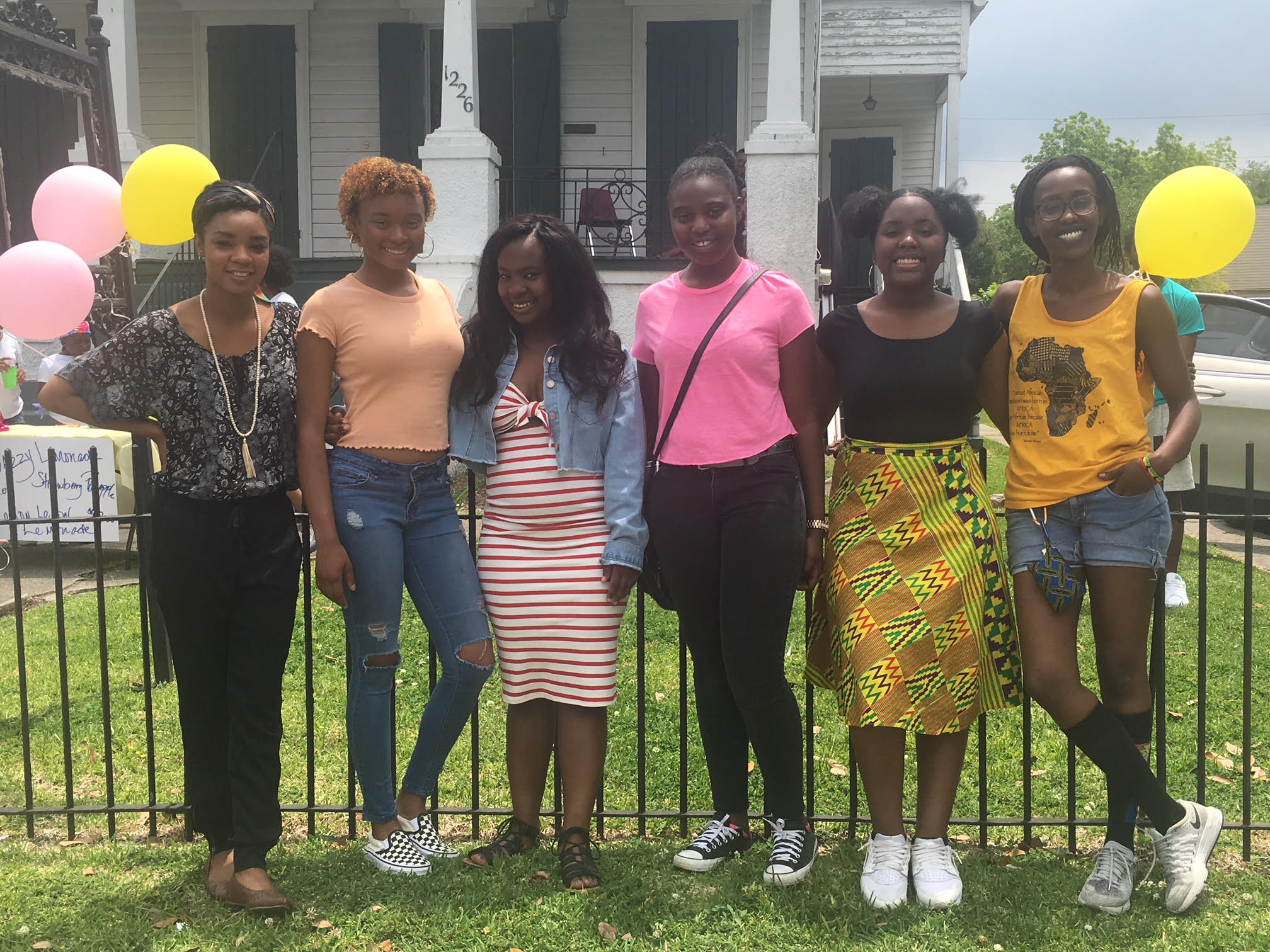 This summer with YWWAV has gotten off to an extremely productive start. One of my favorite parts about this internship is that I’ve had the opportunity to not only form relationships with the youth in the program, but also watch them grow into themselves as young women, writers, artists, activists, and advocates of RJ over the semesters as they discover and pursue their personal passions and niches within the field. Currently, I am working with one of the program’s alumnae (now a rising college sophomore here in the city) to develop a truly comprehensive sex ed unit for the girls in the program that will not only touch on topics of abstinence, contraception, and sexual health, but also dive deeply into the issues that shape the sexual lives of Black female youth. Individual lessons within this curriculum will seek to look at the ways in which social systems work to inform (or misinform) the decisions youth make that have significant consequences in their lives. In these workshops we will ask the hard questions that no one was there to answer or even acknowledge for us when we were in their shoes–questions like:
This summer with YWWAV has gotten off to an extremely productive start. One of my favorite parts about this internship is that I’ve had the opportunity to not only form relationships with the youth in the program, but also watch them grow into themselves as young women, writers, artists, activists, and advocates of RJ over the semesters as they discover and pursue their personal passions and niches within the field. Currently, I am working with one of the program’s alumnae (now a rising college sophomore here in the city) to develop a truly comprehensive sex ed unit for the girls in the program that will not only touch on topics of abstinence, contraception, and sexual health, but also dive deeply into the issues that shape the sexual lives of Black female youth. Individual lessons within this curriculum will seek to look at the ways in which social systems work to inform (or misinform) the decisions youth make that have significant consequences in their lives. In these workshops we will ask the hard questions that no one was there to answer or even acknowledge for us when we were in their shoes–questions like:
-How are the issues of STIs, teen pregnancy, and intergenerational cycles of poverty that disproportionately impact Black girls and women related to one another, where do they come from, and how do they reflect a need for intersectional, comprehensive sex ed in our communities?
-How does Black girls being seen as more independent, more promiscuous, less innocent, and in need of less nurturing and protection by the adults in their lives influence their own perceptions of themselves and their sexuality? (For more information, see the article “Girlhood Interrupted by Epstein, Blake and Gonzalez: https://papers.ssrn.com/sol3/papers.cfm?abstract_id=3000695.)
-How do the stereotypes of Black female sexuality work to harm mental and sexual health?
-Why does sex ed too often not include the experiences of queer people? And what are the ways in which queerness, race, and gender intersect?
-What are all the reasons (the good, the bad, and the ugly) we have sex, and why do those matter?
-Where does all this stigma surrounding sex come from, and how can we get rid of it so that we can begin to have open, honest, and very necessary discussions with our peers, partners, and parents?
As this unit takes shape, it makes me think of how much this program has evolved along with its participants. I am grateful to be a part of something so empowering and radically different than the discouraging environments I know these girls (and myself) have been in. Hopefully one day spaces like this will be the norm, sex education like this will be the standard, and programs like this will be rendered unnecessary because the institutions and societal structures that children grow up in are finally what they deserve.
